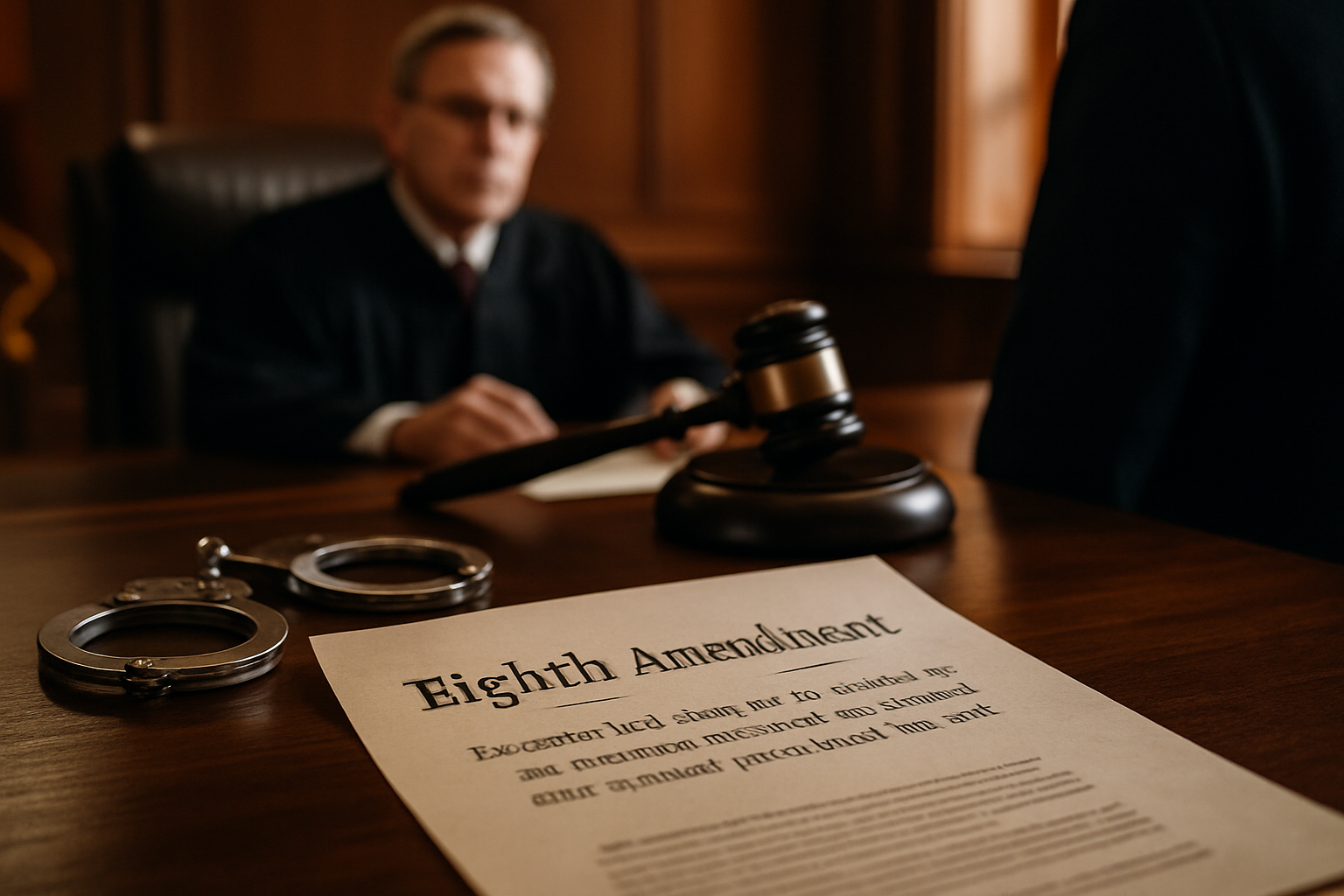The Resurgence of Nullification Doctrines in State Legislatures
Introduction: In recent years, state legislatures across the United States have revived a controversial legal concept known as nullification. This doctrine, rooted in early American history, asserts that states have the right to invalidate or ignore federal laws they deem unconstitutional. The resurgence of nullification efforts has ignited a fierce debate about states' rights, federal authority, and the balance of power in the American political system.

The Modern Revival of Nullification
After lying dormant for over a century, nullification has experienced a renaissance in state legislatures. This resurgence began in the early 2000s and has gained momentum in recent years. States have invoked nullification to challenge federal laws on a wide range of issues, including gun control, healthcare, environmental regulations, and marijuana legalization. Proponents argue that nullification serves as a necessary check on federal overreach and protects states’ rights. Critics contend that it undermines the supremacy of federal law and could lead to a patchwork of inconsistent policies across the country.
Legal and Constitutional Considerations
The legal standing of nullification remains highly contested. The Supreme Court has consistently rejected the doctrine, most notably in Cooper v. Aaron (1958), which reaffirmed federal supremacy and the binding nature of Supreme Court decisions on states. However, nullification advocates argue that the Tenth Amendment, which reserves powers not delegated to the federal government to the states or the people, provides a constitutional basis for their position. This tension between federal supremacy and states’ rights continues to shape the legal debate surrounding nullification.
Case Studies of Modern Nullification Efforts
Several states have passed laws or resolutions invoking nullification in recent years. For example, in 2013, Kansas enacted the Second Amendment Protection Act, which declared that federal gun laws do not apply to firearms manufactured and owned within the state. Similarly, Idaho passed a law in 2014 prohibiting state officials from enforcing the Affordable Care Act. More recently, Missouri attempted to nullify federal gun laws with the Second Amendment Preservation Act of 2021, which was later blocked by a federal judge. These cases highlight the ongoing struggle between state and federal authorities over the limits of nullification.
Implications for Federalism and Governance
The resurgence of nullification has significant implications for the American system of federalism. It raises fundamental questions about the relationship between state and federal governments and the proper balance of power in a federal system. Supporters of nullification argue that it serves as a vital check on federal overreach and preserves local autonomy. Critics warn that widespread adoption of nullification could lead to a breakdown of the federal system, creating a chaotic legal landscape and potentially undermining civil rights protections. The debate over nullification also reflects broader political divisions in the United States, with the doctrine often aligning with partisan and ideological fault lines.
The Future of Nullification in American Law
As nullification efforts continue to proliferate in state legislatures, the legal and political landscape remains uncertain. Federal courts have largely rejected attempts at outright nullification, but states have found more subtle ways to resist federal policies, such as non-enforcement or non-cooperation. The ongoing tension between state and federal authorities is likely to shape American law and politics for years to come. As the country grapples with complex issues like climate change, healthcare reform, and civil rights, the doctrine of nullification will undoubtedly play a role in shaping the debate over the proper balance of power in the American federal system.






